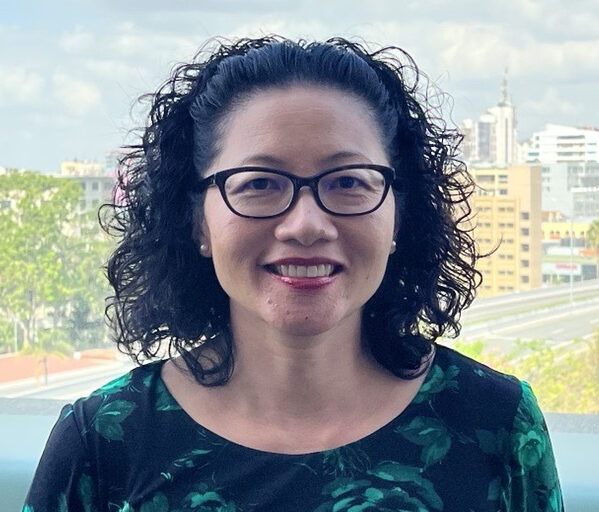advertisement
Spirit Of Innovation Is Ripe In Kenya

Hundreds of students from across Kenya participated in a virtual hackathon organised by Microsoft and Equity Bank between 17 February and 17 March this year. The initiative encouraged students to be creative and collaborate in order to create proofs of concept and minimum viable products to address business and social challenges in the payments, financial inclusion, and digital identity thematic areas.
The successful initiative was yet another example of the wealth of innovation and creativity that exists among our youth. It was also an opportunity for academia and industry to collaborate in order to find solutions to real-world problems.
We are not surprised by the ideas that these young students came up with during the Hackathon. Our experience with similar initiatives as Microsoft has clearly demonstrated that the spirit of innovation is ripe in Kenya, and it is time for Kenyan businesses to begin looking at local education institutions and technology hubs for the development of unique solutions for their business needs.
advertisement
The University of Nairobi Dean of Students, Dr Johnson Kinyua, commented on the Hackathon, saying, “such competitions provide our students with an opportunity to apply the theories that they have learned in class into solutions that the world is looking for today, thereby preparing them to align their knowledge and skills to the demands of the job market.”
On his part, the Meru University of Science and Technology Vice-Chancellor, Prof. Romanus Odhiambo added that “Victory comes from finding opportunities in solving problems. The seeds planted today can blossom into global solutions. As institutions of learning, and through partnerships with the private sector, it is our duty to hone these skills for the benefit of our students and society at large.”
Recognising the critical role that such initiatives play, Microsoft has implemented several programmes over the last few years that we believe are making a significant contribution to efforts to bridge the ever-present gap between industry and academia.
advertisement
For example, through the Microsoft’s Africa Development Center (ADC)’s Game of Learners (GoL) competition, which is now in its third year, we have been working to improve digital and coding capabilities among African university students while developing solutions to some of the continent’s challenges. This year, for example, the goal is to propose a solution that reduces or reverses gas emissions and footprints, based on the critical theme of Climate Change. The solutions coming from this program continue to contribute to solving Africa’s problems by Africans, using technology.
In yet another initiative, we recently launched The Garage at our new ADC offices in Nairobi to help Microsoft employees, customers, and developers tap into their creative prowess to create cutting-edge technologies that will solve the world’s problems. The Garage is designed as a freeform work environment where Microsoft employees, interns, schools, and community groups can find the tools and training they need to develop solutions and learn new skills.
Among the projects that have emerged from garages around the world is an app that uses artificial intelligence (AI) to narrate what a smartphone camera sees to visually impaired users. Another project used AI to create a platform for hospitals and doctors to communicate with patients, including automated symptom checkers and health plan information.
advertisement
Without a doubt, mentorship is important in a student’s life, and those who have access to them throughout their studies often end up with an advantage over those who do not. Mentors not only provide support, encouragement, wisdom, and instruction, but they also provide knowledge from their experience that students can learn from and apply in their studies and professional lives. A mentor can recognise their mentee’s strengths and weaknesses over time, assisting them in becoming a better version of themselves.
Mentors form one of our biggest networks of advocates for technology and building a successful career in technology. Mentors also provide important professional networks that students always find useful after they complete their studies. Speaking at the conclusion of the Equity hackathon, Maluki Muthusi from team Rutela which won first place in the competition stated, “The Hackathon has enabled us to sharpen our skills and align them to the demands of the marketplace. We are grateful for the guidance given to us by our lecturers and the teams from Equity and Microsoft throughout the competition and we look forward to applying the principles even beyond this competition.
Clearly, we must constantly mentor our students for a better tomorrow while also making today a better version of itself. More collaborations between industry and academia are essential.
Ruth Ferland is the Microsoft ADC Senior Programme Manager and Founder, Game of Learners.
